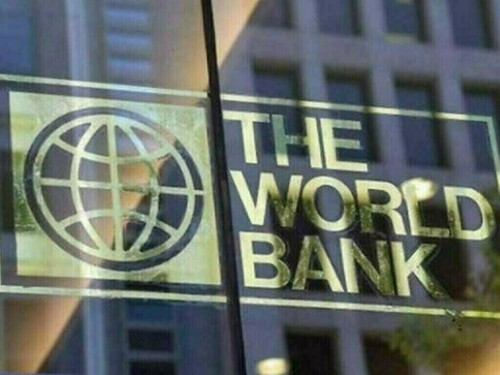World Bank Approves $194 Million for Education and Water Projects in Balochistan
The World Bank’s Board of Executive Directors sanctioned $194 million on Tuesday for a pair of initiatives designed to bolster educational prospects for children and enhance water security within Balochistan.
Najy Benhassine, the World Bank’s Country Director for Pakistan, stated that the GRADES-Balochistan project seeks to alleviate learning challenges in the province. He added that the Balochistan Water Security and Productivity Improvement Project will tackle the region’s water security issues and improve climate resilience.
Benhassine further emphasized the World Bank’s dedication to aiding Balochistan through focused investments in both infrastructure and human development. He stated that the initiatives are intended to establish a base for greater job creation, diminished poverty, and enhanced resilience.
GRADES-Balochistan Project
The Getting Results: Access and Delivery of Quality Education Services in Balochistan (GRADES-Balochistan) project, valued at $100 million, is set to assist 250,000 students. The project prioritizes increasing enrollment and elevating literacy and numeracy proficiencies in early childhood and primary education.
The undertaking will also support 5,000 educators via ongoing professional advancement programs. Furthermore, 400 scholarships will be granted to female students pursuing pre-service teacher training, nurturing a fresh wave of educators poised to act as mentors.
Project Goals
- Enhance educational infrastructure
- Increase resilience to disasters
- Promote environmental sustainability
Inga Afanasieva, Team Leader for the project, noted the strategic significance of the GRADES-Balochistan project in addressing vital shortcomings in access to, and quality of, pre-primary and primary education in the province. She highlighted the World Bank’s commitment to fostering a safer, more sustainable environment for Balochistan’s children.
Balochistan Water Security and Productivity Improvement Project (BWSPIP)
The World Bank also gave the nod to the Balochistan Water Security and Productivity Improvement Project (BWSPIP), amounting to $94 million. This initiative is geared towards bettering the lives of smallholder and tenant farmers within the Nari, Talli, and Lehri river basins of the Kachi Plain, along with enhancing water supply services in Quetta.
The project anticipates benefitting 500,000 individuals via enhanced access to essential water supply services. It also expects to aid over 80,000 people by furnishing climate-resilient infrastructure.
Key Objectives:
- Improving flood defenses
- Boosting water access for productive activities
- Enhancing water supply service provision
Carolina Dominguez Torres, Task Team Leader for the Project, explained that the project aligns with Pakistan’s Resilient Recovery Framework and aims to deliver substantial advantages to both the province’s farming communities and Quetta’s inhabitants. She also pointed out that it will empower women in local water management initiatives and aims to secure enduring advantages for Balochistan’s sustainable progress via strategic investments, superior water management techniques, and community involvement.
The World Bank emphasized that the GRADES project, conceived to diminish learning deficits, and the BWSPIP project, designed to curtail child stunting through greater access to secure water and sanitation facilities, represent crucial outcome objectives within the 10-year Country Partnership Framework for Pakistan.



Comments (0)
No comments yet. Be the first to comment!
Leave a Comment